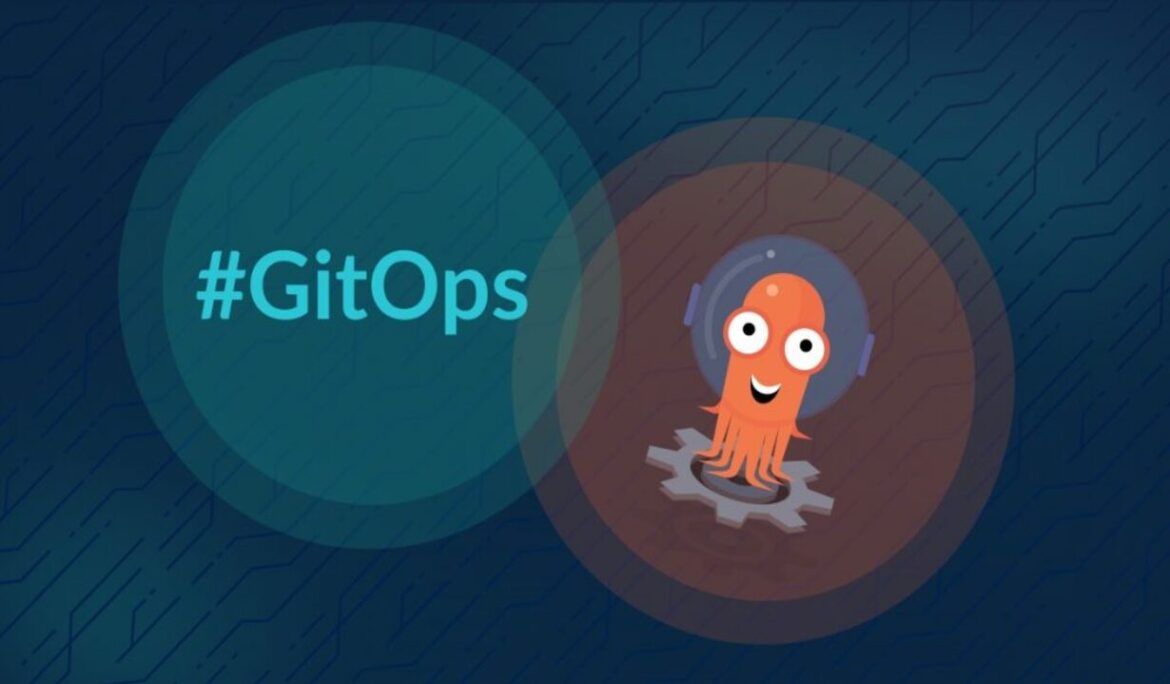In the world of DevOps, the need for automation, speed, and efficiency is paramount. One technology that has emerged as a game-changer in this landscape is ArgoCD. ArgoCD, a project by Argo, is a declarative, GitOps continuous delivery tool for Kubernetes. It leverages Git repositories as a source of truth for defining applications and their environments, thus making the entire process more streamlined and manageable.
What is GitOps?
Before we delve into ArgoCD, it’s important to understand the concept of GitOps. GitOps is a paradigm or a set of practices that empowers developers to perform tasks which typically fall into the hands of the IT operations team. GitOps uses tools that are familiar to developers, like Git, to automate infrastructure and deployment requirements.
The term ‘GitOps’ was coined by Weaveworks, and it primarily means using Git as a single source of truth for declarative infrastructure and applications. The main advantage of GitOps is that it allows developers to leverage the power of version control systems beyond just source code management, extending it to the entire infrastructure.
Understanding ArgoCD
ArgoCD is an open-source tool that uses a Git repository to manage Kubernetes clusters. It follows the GitOps principle of using Git as the ‘single source of truth’ for declarative infrastructure. With ArgoCD, any changes to the Git repository are automatically mirrored in the Kubernetes clusters.
ArgoCD allows developers to:
- Define applications in terms of Kubernetes resources.
- Specify the target environments for their applications.
- Automate the deployment and synchronization of applications across various environments.
Key Features of ArgoCD
- Declarative and version-controlled: ArgoCD allows you to define, version control, and visualize your application deployments declaratively.
- Automated synchronization: ArgoCD continuously monitors your applications and provides automated synchronization between your Git repository and the Kubernetes clusters.
- Multi-cluster deployment: You can manage deployments across multiple clusters, enabling high availability and redundancy.
- Centralized management: ArgoCD provides a unified and centralized interface for managing and monitoring deployments across multiple Kubernetes clusters.
- Rollbacks and history: ArgoCD maintains a deployment history and provides an easy way to rollback to any previous deployment state.
- Access control: It provides granular access control and integrates with existing authentication systems to ensure secure access to your deployments.
Conclusion
ArgoCD is a powerful tool that brings the principles of GitOps to the Kubernetes world. It offers a robust, efficient, and developer-friendly way to manage deployments across multiple Kubernetes clusters. By leveraging the power of Git as a single source of truth and providing automated synchronization, ArgoCD simplifies and streamlines the deployment process, making it an essential tool in the DevOps toolkit.
Whether you’re a seasoned DevOps professional or a developer looking to automate your deployment process, ArgoCD can provide the efficiency and control you need to manage your applications effectively. So, take the plunge and explore the world of GitOps with ArgoCD.


